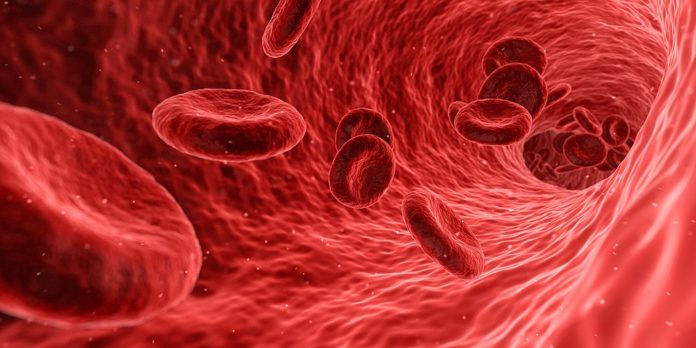Scientists say the findings can pave the way for new anti-ageing drugs
Blood cancer can accelerate ageing in healthy bone marrow cells, scientists have found. This paves the way for anti-ageing drugs in the future.
It is well known that ageing promotes cancer development. However, this is the first time that the reverse has been shown to be true, according to researchers from the University of East Anglia (UEA) in the UK.
The study, published in the journal Blood, shows that healthy bone marrow cells were prematurely aged by cancer cells around them.
The aged bone marrow cells accelerated the growth and development of the leukaemia — creating a vicious cycle that fuels the disease.
“Our results provide evidence that cancer causes ageing. We have clearly shown that the cancer cell itself drives the ageing process in the neighbouring non-cancer cells”
The study also identified the mechanism by which this process of premature ageing occurs in the bone marrow of leukaemia patients and highlights the potential impact this could have on future treatments.
“Our results provide evidence that cancer causes ageing. We have clearly shown that the cancer cell itself drives the ageing process in the neighbouring non-cancer cells,” said Stuart Rushworth from UEA.
“Our research reveals that leukaemia uses this biological phenomenon to its advantage to accelerate the disease,” said Rushworth.
NOX2, an enzyme usually involved in the body’s response to infection, was shown to be present in acute myeloid leukemia (AML) cells — and this was found to be responsible for creating the ageing conditions.
The research team established that the NOX2 enzyme generates superoxide which drives the ageing process.
By inhibiting NOX2, researchers showed the reduction in aged neighbouring non-malignant cells resulted in slower cancer growth.
“It was not previously known that leukaemia induces ageing of the local non-cancer environment. We hope that this biological function can be exploited in future, paving the way for new drugs,” said Rushworth.


